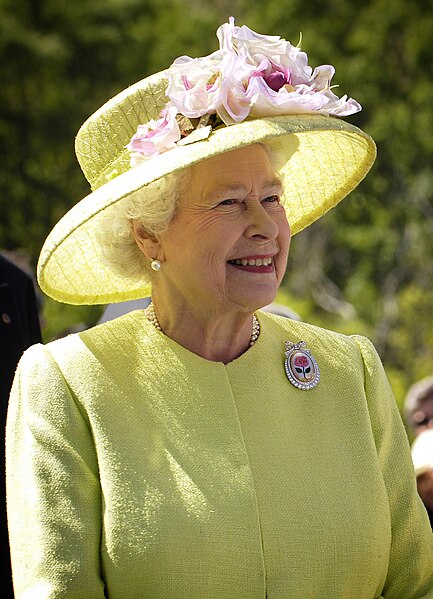Let’s face it, driving a car is a bit like
parenting, most people like to think of themselves as pretty good at it, with
all the problems in the world being caused by the other people.
I am not “most people”, however, and must
confess that I have never been a great car driver. (Come to think of it, my parenting skills
aren’t perfect either, but that’s another story!).
Being a non-driver is not good in the US, (unless
you are in one of the big northern cities), as the country has largely been
built around car travel. Public
transport, such as rail and buses, is minimal and it’s almost impossible to get
around without driving.
My
driving history
The reasons for my poor driving are
historical, to a large degree. After I
passed my test in the UK, aged 18, I hardly drove a car – I had a motorbike for a few years,
then had no vehicle at all (living in a big city, there were always plenty of
buses and trains to choose from, if I wanted to go somewhere).
I don’t feel too bad being out on the
highway, driving around, but I am non-to-confident with reversing and parking in
an enclosed space, you just don’t have those issues with a motorbike
generally.
I also found it easier to stay alert on my
motorbike, where you are under no doubt how precarious your situation is - if
you make one slip, then you can be dead or severely injured. In the car, seemingly safe in my warm little
metal box, I sometimes let my mind wander.
Pulled
over by a cop
One time in Florida, a few
months back, I approached a junction too fast.
The lights went red at the last moment and then it was too late to stop,
so I went through. There was a police car
behind me. I felt sick in my
stomach. It was such a stupid mistake.
The cop pulled me over further down the
road (“What choice did he have?” he later explained). Ironically, he turned out to be one of the nicest policemen I’ve ever met. He could have fined
me heavily and delayed me getting my Florida license (I
was driving on my British one), but instead he issued me with just a warning
and a friendly smile. (Admittedly, my
English accent and fawning, penitent manner may also have helped).
 |
| Crossing the bridge from Tampa to St Petersburg |
Driving
in Florida
My British license covered me legally for
driving in Florida for a time, but I had to get a Florida one at
some point. The other problem is that
the insurance costs are extortionate, if you drive on a foreign license.
Taking
the driving test
Things went well to start with. College educated and a fan of learning
generally, the written part of the test was a sail through for me. I swatted up on the rules, regulations, road
signs, procedures, and scored close to full marks. The only question I remember was not knowing
was how long the minimum legal tow bar length was.
(It seemed like a very obscure question to me, but I guess there are a
lot of people towing caravans, boats, etc. in Florida!)
Next was my road test. I really didn’t know what to expect. The British driving test is notoriously
difficult – the driving part takes place out on the highway and safety considerations
are paramount. The Florida version is
on a dinky little off-road mock-up and it is generally more concerned with
skill at maneuvering the car – easier for many people, but not so much me.
The first test I took was not good. My examiner was a grumpy bugger, which is
normal by British standards, but more unusual in the US. His spikiness didn’t do much to help my
nerves. But in the end, it was my
maneuvering and reversing skills that undid me.
I have failed a driving test before, when I was eighteen, but failing at
forty-seven feels a lot more embarrassing!
Anyway, I practiced my reversing and parking
for a few weeks and made another attempt.
I didn’t relish meeting my grumpy examiner friend again, but was
overjoyed to find that I’d been allotted a rather affable chap this time. I passed with a virtually perfect score and
the wonders of modern laser printing meant that I was given my license ID card
straightaway.
















